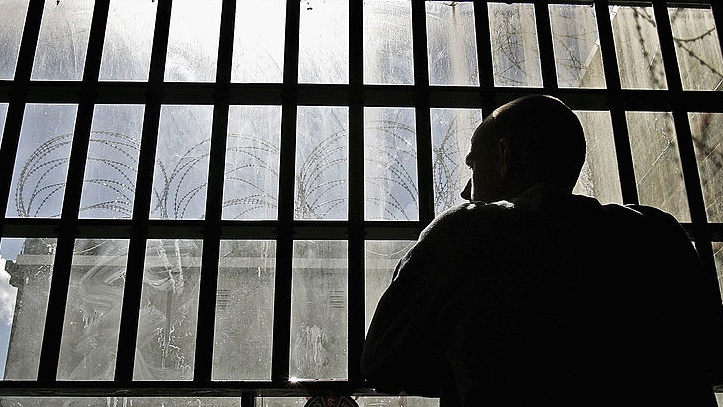In a newly approved stimulus package intended to stabilize the nation’s economy, the U.S. Small Business Administration (SBA) will be disbursing federal loans meant to help business owners during the pandemic.
The coronavirus-inspired bill will allocating more than $300 billion in loans for small businesses to help them stay afloat, however, hundreds of employers may be ineligible for assistance. According to Collateral Consequences Resouce Center, the agency has issued guidance prohibiting business owners with a criminal background from receiving financial assistance from the stimulus bill.
The guidance excludes nearly one in three adults which, according to The Sentencing Project, equates to as many as 100 million Americans. It also excludes businesses with owners who have more than a 20% stake in a company and a criminal background, including probation and parole. The guidance could also disqualify owners who have been convicted of a felony or pleaded guilty to felony charges in the past five years.
The $2 trillion stimulus package, also known as the CARES Act, loosens previous limitations set forth by the SBA’s primary loan program with the implementation of the Paycheck Protection Program. The primary loan program prohibited anyone under criminal supervision or facing charges from receiving a business loan.
Now, many owners whose businesses were impacted by local mandates to help stop the spread of the coronavirus and who hoped to receive financial relief for their operations and employees may be without federal assistance.
As people with criminal backgrounds struggle to get jobs, many turn to entrepreneurship, which means the new guidance from the SBA could have a crippling effect on the formerly incarcerated community in addition to their employees.
Even more troubling is the impact the exclusion may have on the Black community. According to the NAACP, Black people are imprisoned five times more than white people. After the war on drugs in the 80s, the nation saw a spike in arrests of Black and brown people in an effort to be stricter on crime. In addition to mass incarceration, Black people began to see harsher sentences and mandatory minimums.
From 1980 until 2015, the number of people imprisoned went from 500,000 to nearly 2.2 million, according to the NAACP.
Presently, people of color make up 37% of the U.S. population but equate to 67% of the country’s prison population, according to The Sentencing Project. Once arrested, Black people are more likely to be convicted and serve longer sentences than white people.
When Black people are released from prison, their chances of becoming employed decreases by almost 50%, the NAACP stated.
This adds to the overall devastating impact the coronavirus has had on the Black community. In recent days, new data has shown that Black people are more likely to die from the novel virus due to preexisting conditions like diabetes, high blood pressure and asthma.

